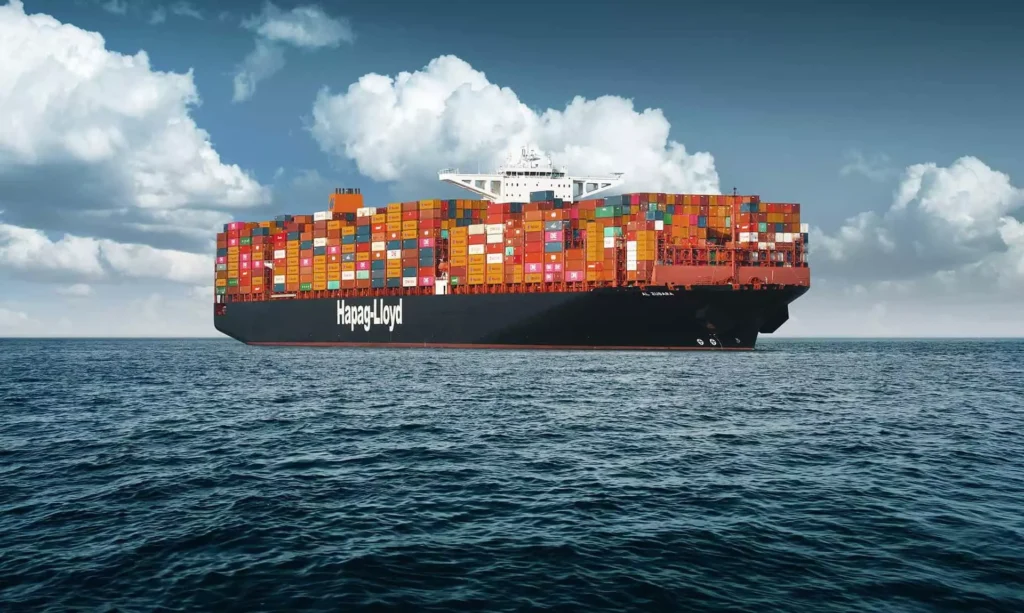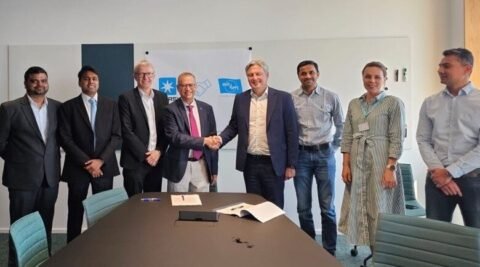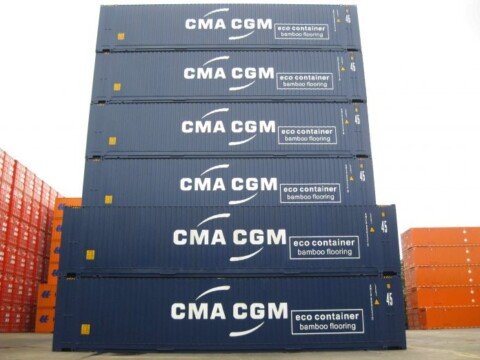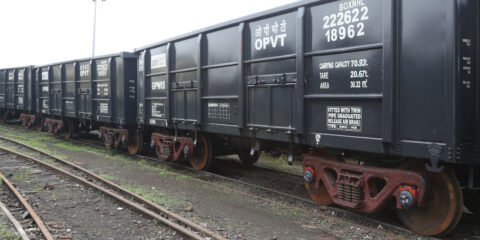Hapag-Lloyd, a leading global shipping company, has partnered with LogTech startup Flowfox to launch a pilot project aimed at transforming the import container release processes. Initially, the project will be rolled out in France with Kuehne+Nagel and in Germany with another major freight forwarder, as announced in a LinkedIn post by Flowfox.
The pilot will operate within a closed testing environment for the first three months to ensure the application is robust and error-free before expanding to a broader customer base and additional countries. The main objective is to automate the release of import containers between Hapag-Lloyd and its customers, addressing the current manual and error-prone processes to achieve significant efficiency gains.
Danny Smolders, Managing Director of Global Sales at Hapag-Lloyd, stated, “We are committed to elevating service standards and maximising efficiencies for our customers. By engaging in this pilot with Flowfox, we believe in the substantial automation potential within the import process. Co-designing processes with our strategic partners allows us to seamlessly integrate our logistics operations.”
The project will utilise Flowfox’s Drop-off Change product to optimise the empty return processes of containers, directly benefiting customers. Markus Johannsen, SVP of Global Seafreight and Global Head of Operations Sea Logistics at Kuehne+Nagel, highlighted the strategic significance of this collaboration, noting, “We aim to exceed expectations by enhancing our operational standards and efficiency. The Flowfox platform’s potential to automate import processes aligns with our Roadmap 2026, emphasising our dedication to improving the overall customer experience.”
Patrick Pehmöller, CEO of Flowfox, expressed his enthusiasm, saying, “After four years of proof-of-concept phases and intensive study of global import processes, we are thrilled to launch our platform in Europe. This is just the beginning; our goal is to become a global standard, focusing on efficiency, security, and data exchange.”
This innovative initiative marks a significant step towards modernising and streamlining global import logistics.







